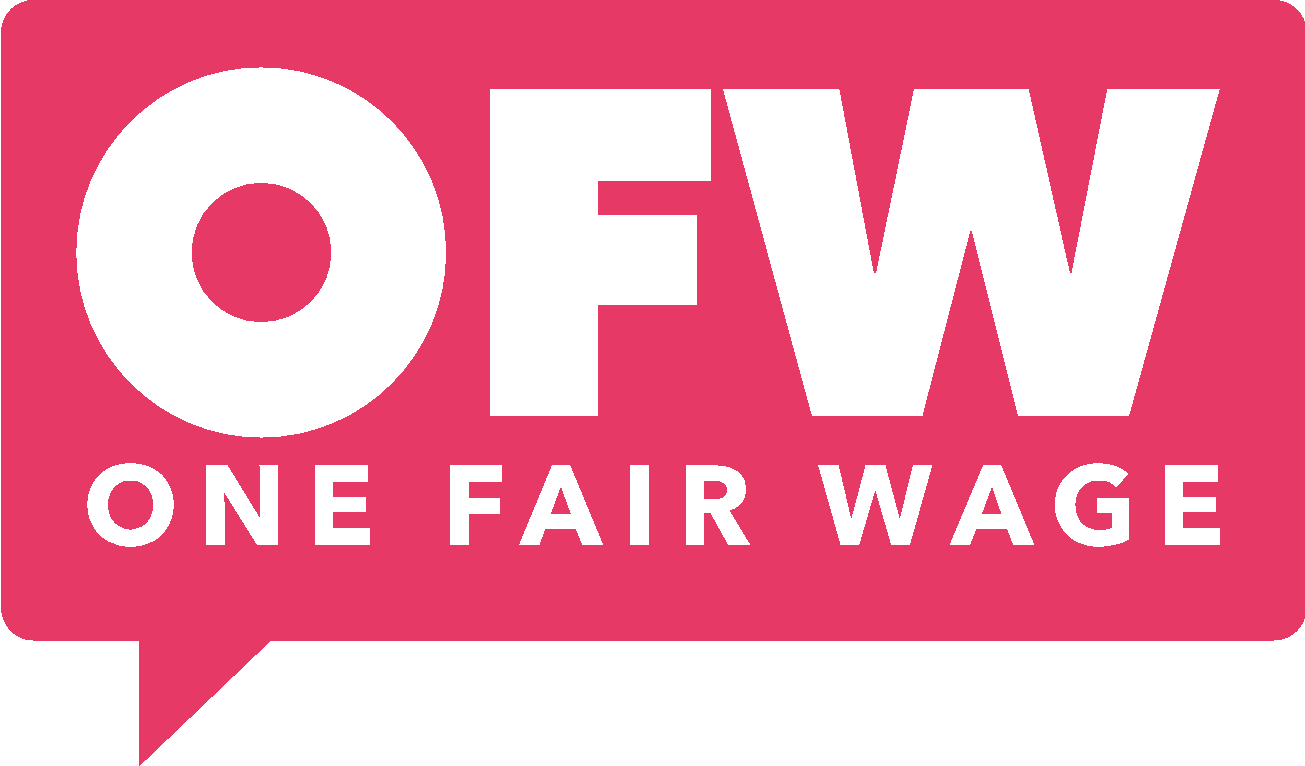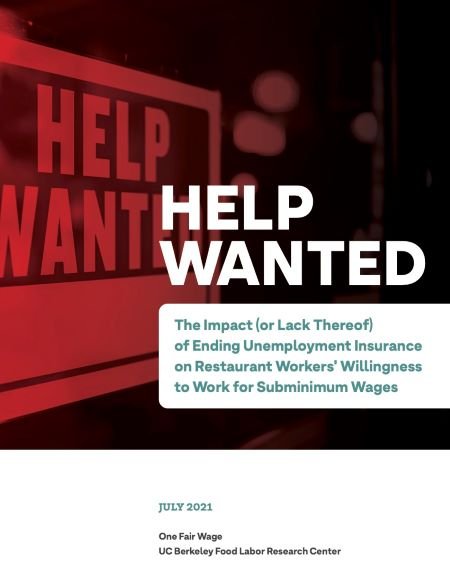Help Wanted
The Impact (Or Lack Thereof) of Ending Unemployment Insurance on Restaurant Workers Willingness to Work for Subminimum Wages
The restaurant industry is in a moment of crisis. Many employers are facing greater difficulty in filling open positions and others have employees not showing up for shifts. In response, half of states in the U.S. have cut or will soon end federally-funded unemployment insurance benefits prematurely to force workers to return to low-wage jobs. However, as our survey shows, these policies are proving ineffective; many workers in the states that have cut benefits are refusing to return to an industry that does not provide a livable wage and offer better working conditions.
With the pandemic, restaurant workers, particularly tipped workers earning a subminimum wage, struggled with reduced tips and increased health risks, customer hostility, and life-threatening sexual harassment; in addition, nearly 60 percent reported difficulty accessing unemployment insurance due to their low wages. As a result, by May 2021, 53 percent of remaining restaurant workers surveyed reported that they are considering leaving the industry, 76 percent of whom said they were leaving due to low wages and tips, and 78 percent of whom reported that they would only stay if their job provided a full, stable, livable wage with tips on top.

